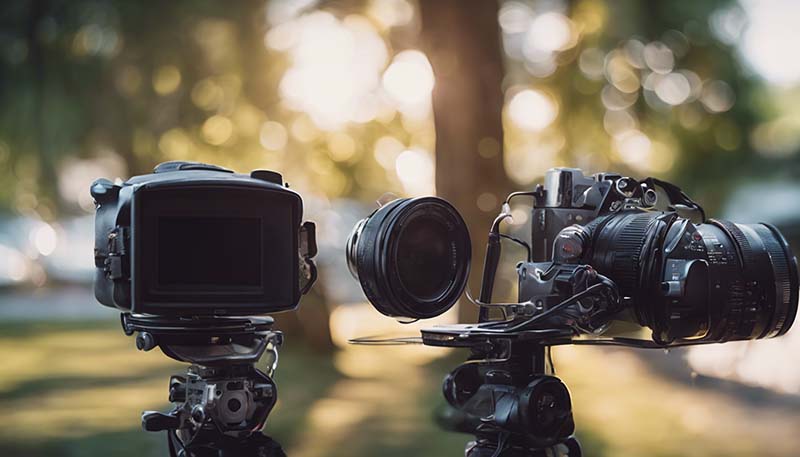Mastering the Art of Advanced Interview Techniques
Interviewing is a critical skill for professionals in various fields, including human resources, journalism, and even law enforcement. It involves not just asking questions but also understanding the nuances of communication, psychology, and the subject matter at hand. This article delves into advanced interview techniques that can help you extract the most valuable information and insights from your interview subjects.
Understanding the Interviewee
Before you can master the art of interviewing, it's essential to understand the person you're interviewing. This involves:
- Background Research: Know who they are, their work, and their achievements.
- Motivations: Understand what drives them and what they stand to gain or lose from the interview.
- Comfort Levels: Be aware of their comfort zones and potential triggers to avoid discomfort or defensiveness.
Preparing for the Interview
Thorough preparation is key to a successful interview. Here's how to prepare:
- Define Objectives: Be clear about what you want to achieve with the interview.
- Develop Questions: Create open-ended questions that encourage detailed responses.
- Practice Active Listening: Train yourself to listen more than you speak.
Building Rapport
Establishing a good rapport with the interviewee can lead to more candid and insightful answers. Here's how to build rapport:
Advertisement
- Greet Warmly: A friendly introduction can set a positive tone.
- Show Interest: Be genuinely interested in what the interviewee has to say.
- Use Body Language: Maintain eye contact and use affirmative nods to show engagement.
Advanced Questioning Techniques
Asking the right questions is an art. Here are some advanced techniques:
- Probing Questions: Encourage the interviewee to expand on their answers.
- Silence: Allow for pauses which can lead to more thoughtful responses.
- Rephrasing: Clarify and rephrase answers to ensure you've understood correctly.
Reading Non-Verbal Cues
Body language and other non-verbal cues can provide valuable insights:
- Facial Expressions: Pay attention to facial cues for signs of discomfort or deception.
- Gestures: Note any repetitive or unusual gestures that might indicate stress.
- Posture: An open posture usually indicates comfort and honesty.
Handling Difficult Situations
Not all interviews go smoothly. Here's how to handle difficult situations:
- Defensive Interviewee: Stay calm and refocus the conversation on the topic.
- Evasive Answers: Gently press for more information without being confrontational.
- Emotional Responses: Show empathy and allow the interviewee to regain composure.
Closing the Interview
Ending the interview on a positive note is important:
- Summarize Key Points: Briefly recap the main points to ensure understanding.
- Ask for Permission: Ask if they're okay with being quoted or recorded.
- Express Gratitude: Thank the interviewee for their time and insights.
Follow-Up
A good interviewer knows the value of follow-up:
- Send a Thank You Note: Express appreciation for their participation.
- Share the Outcome: If appropriate, share how the information was used.
- Maintain Contact: Keep the door open for future interactions.
Continuous Improvement
Mastering the art of interviewing is a continuous process. Always look for ways to improve:
- Analyze Past Interviews: Learn from your previous experiences.
- Seek Feedback: Ask for feedback from peers or the interviewee if possible.
- Stay Informed: Keep up with the latest techniques and best practices in interviewing.
Mastering advanced interview techniques requires practice, empathy, and a deep understanding of human communication. By applying these strategies, you can conduct interviews that are not only informative but also engaging and respectful.

Comment